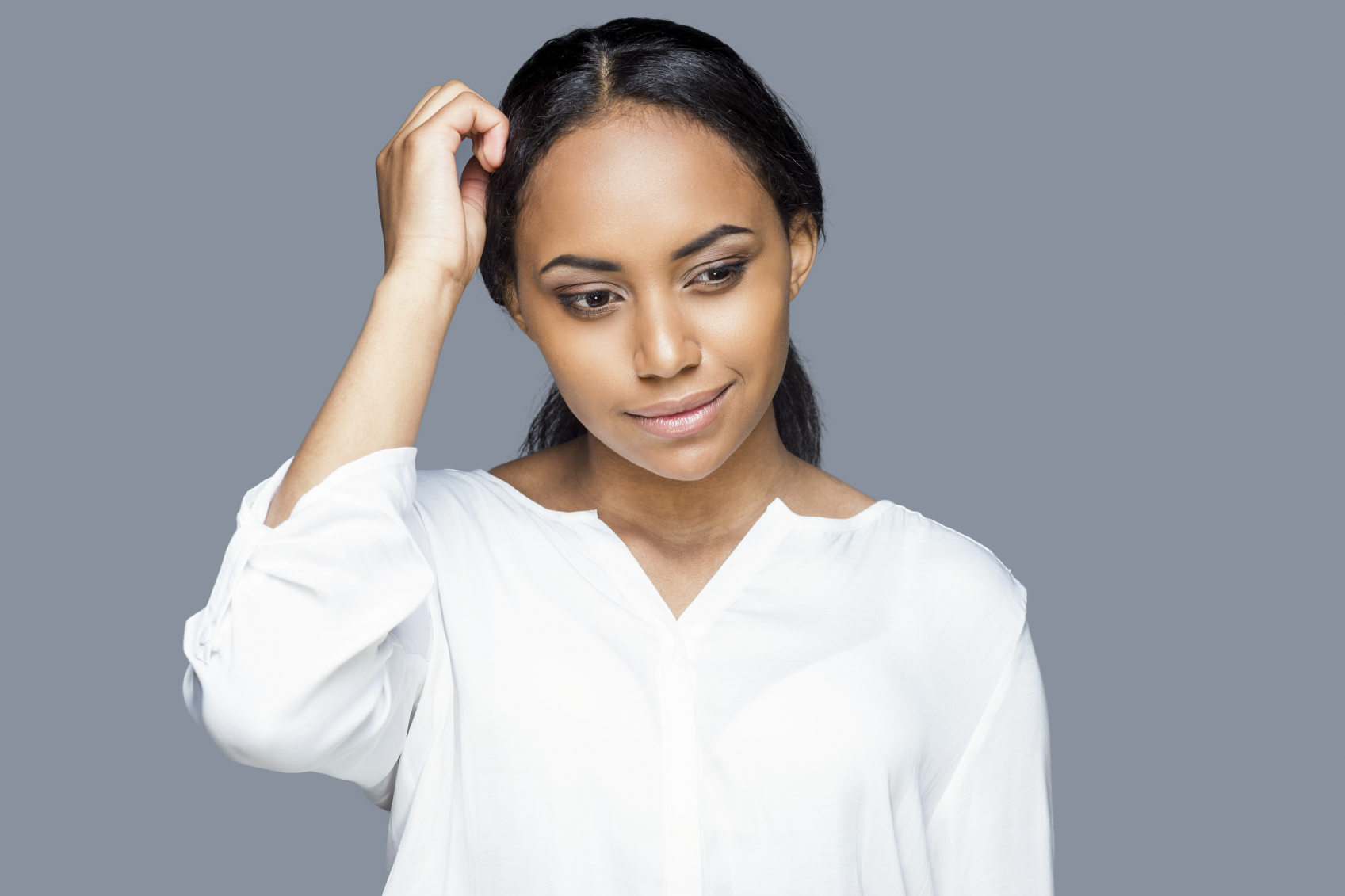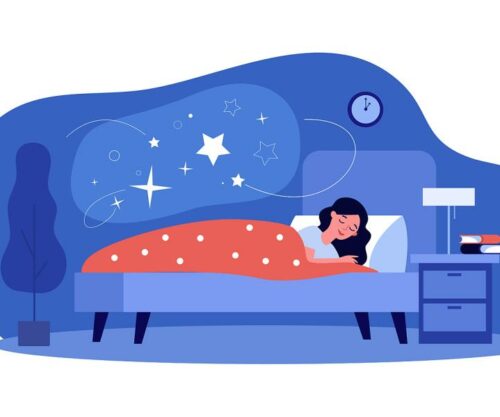
Jennifer Jackson, the senior manager of education and professional brands at Namaste Laboratories in Chicago, answers our questions about dandruff.
By: Keletso Modisakeng
1.What is dandruff and what causes it?
Dandruff is a skin disorder of the scalp that develops in response to normal growth of skin cells. White flaky skin cells shed from the scalp and create unsightly white flakes on clothing and in the hair. It is usually the result of one of three factors:
- Oil on the scalp known as sebum or sebaceous secretions.
- Microorganisms on the skin known as Malassezia yeast.
- Allergic sensitivity.
2. Is dandruff itchy?
Dandruff can cause mild itching; however, an itchy scalp does not always mean dandruff.
3. Is dandruff hereditary?
Dandruff is not hereditary or contagious.
4. Is dandruff a lifetime thing or can it be cured?
I cannot be cured, but can be controlled.
5. What is the different between a dry scalp and dandruff?
Dandruff is not caused by dryness. It is usually a result of too much oil, rather than too little as overgrown harmless yeast feed on the excess oil and dead skin cells on the scalp.
6. Can eczema on the head cause dandruff?
Eczema does not cause dandruff, but is usually confused for it. Knowing the difference is important in getting the correct treatment and management. Eczema can be quite severe, often accompanied by inflammation and requires medical treatment.
7. Can I relax/colour my hair when I have dandruff?
Yes, hair can be coloured and relaxed. Having said that, because dandruff can sometimes cause itchiness, it is important to remember not to scratch your hair before applying a relaxer or hair colour. If there are any open sores, seething or swelling from scratching, these abrasions must be fully healed to prevent further damage or irritation.
8. Can your health affect dandruff?
Dandruff can be caused by not shampooing your hair, illness, stress as well as hormonal fluctuations. Diets high in saturated and trans fats cause your sebaceous glands to produce more oil, which makes dandruff worse. Avoid these fats, and incorporate fruits and vegetables that contain zinc and vitamin B into your diet. Taking a probiotic, like those found in yoghurt, as a supplement will help combat the overgrowth of yeast.
9. Does having natural or relaxed hair make a difference with dandruff?
Dandruff is a condition of the scalp; therefore the type of hair has no bearing on it.
10. What are the signs of dandruff?
Symptoms differ in intensity, frequency and duration among individuals. They, however, include itching and flaking of the skin on the scalp and often occur in people who have oily or greasy hair. Flakes of skin can be whitish or yellowish and can become visible on the hair. There may also be hair loss and redness on the scalp.




